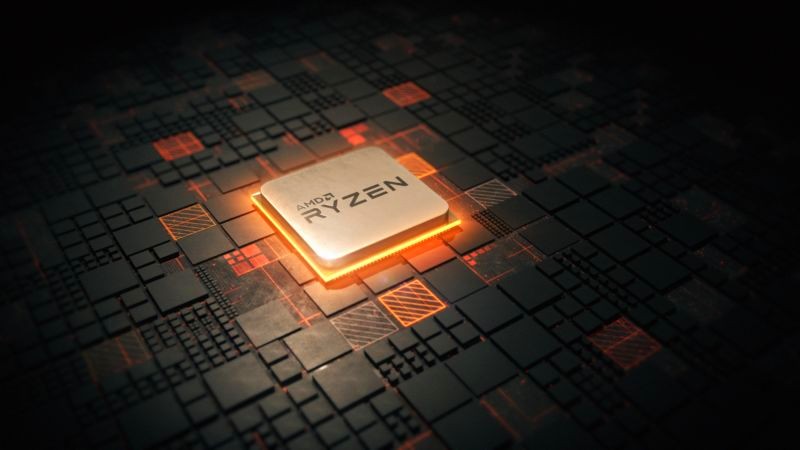In September 2021, AMD added support for simple CPU overclocking to its graphics drivers. If you had a Ryzen 5000-series CPU and wanted to benefit from the extra performance, this auto-overclocking function could save you from needing to download the more complex Ryzen Master utility. The overclock would also be conservative enough that it probably wouldn’t cause system instability or other issues.
Reason behind the CPU Overclocking
The problem for some users is that this auto-overclocking feature has become too automated—that is, it’s changing systems’ overclocking settings whether users want it to or not. According to one of the AMD representatives, an issue in the AMD software suite caused the feature to begin adjusting certain AMD processor settings for some users. Because the CPU overclocking feature is actually changing settings in your system’s BIOS, that means it can change overclocking settings that users have changed themselves and apply an overclock where there was no overclock before.
That second bit could be especially problematic since overclocking processors generally voids AMD’s CPU warranty, even when you’re using AMD-provided tools like Ryzen Master or using AMD-advertised features like Precision Boost Overdrive (though, anecdotally, this policy isn’t consistently enforced).
AMD GPUs with Intel CPUs
PCs using AMD GPUs with Intel CPUs won’t be affected by this bug since AMD’s software won’t overclock Intel’s processors. According to testing by Igor’s Lab and by users on the AMD subreddit, the bug appears to be triggered when loading a GPU overclocking profile created using older versions of the software. Those profiles were created before CPU overclocking was added to the software, but the software isn’t aware of that and attempts to modify the CPU settings anyway.
AMD says that it is “investigating” the software issue causing the problem and that the company will “share more information as soon as we’re able.” The issue appears to have been introduced in version 22.3.1 of AMD’s Adrenalin driver package, so holding off on an update or rolling back to a previous driver version may prevent or resolve the issue.
Also Read: Will YouTube roll out its ‘YouTube comment spam’ to tackle spammy remarks?




